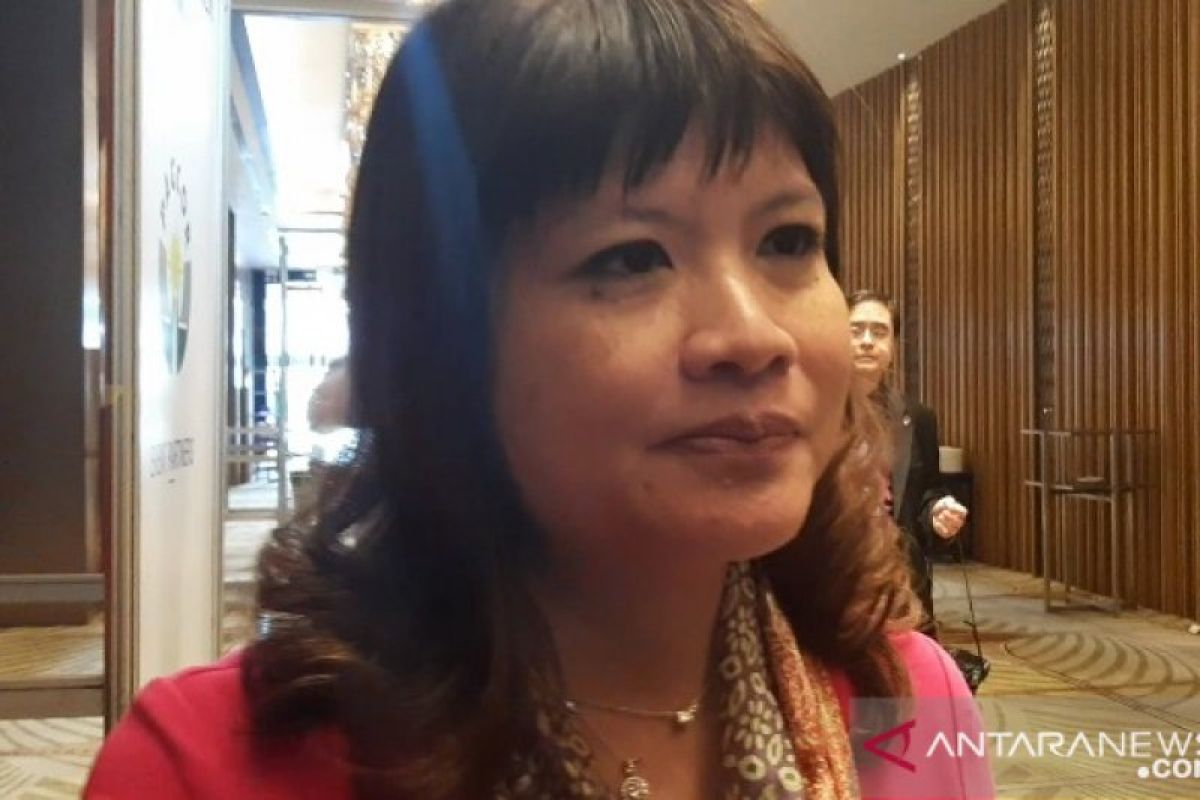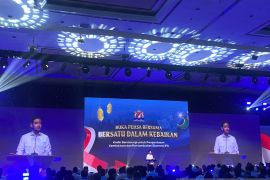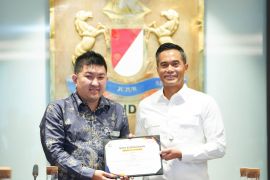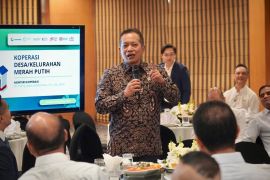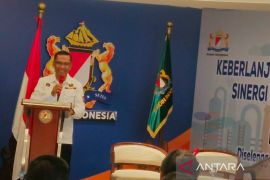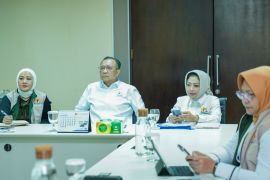Kadin supports the Indonesian and US governments to develop a new bilateral trade cooperation scheme apart from the GSPJakarta (ANTARA) - The Indonesian Chamber of Commerce and Industry (Kadin) supports the cooperation between Indonesia and US to develop trade other than through the facility of reducing import duties, or the Generalized System of Preferences (GSP).
Deputy Chairman of Kadin for International Relations, Shinta W. Kamdani stressed on the need for Indonesia and the US developing other ways to create trade preference schemes that have a higher and more permanent level of certainty for Indonesian business actors, including through the discussion of a limited trade agreement or Limited Trade Deal (LTD).
"Kadin supports the Indonesian and US governments to develop a new bilateral trade cooperation scheme apart from the GSP," Kamdani remarked at the Jakarta Food Security Summit held by Kadin Indonesia virtually, Thursday.
Kamdani noted that the limited trade agreement will offer special facilities for Indonesia's superior products and boost export potential, particularly in establishing a supply chain between Indonesia and the US.
With Joe Biden's victory in the US Presidential Election, Kamdani affirmed that Kadin had urged the Indonesian government to negotiate with the US in order to maintain the GSP facility.
The negotiation is deemed crucial since the US Trade Representative (USTR) in the WTO no longer includes Indonesia as a developing nation.
The US is Indonesia's fourth-largest trading partner after China, Japan, and Singapore.
According to the Central Bureau of Statistics (BPS) data, the value of trade between Indonesia and the US had reached US$28.6 billion in 2018.
Kamdani noted that export opportunities to Indonesia's trading partner countries remain open despite countries globally being battered by the COVID-19 pandemic.
However, tariff and non-tariff trade barriers continue to apply separate pressure for Indonesia's main export commodities, especially crude palm oil, rubber, and fishery products.
Non-tariff barriers include standards related to sustainability, including IUU fishing, labor standards and environmental protection, health and safety standards pertaining to tolerance for pollutants and carcinogenic substances, and packaging standards.
Meanwhile, the tariff barrier concerns the amount of tariff and access.
The application is permitted under the General Agreement on Tariffs and Trade (GATT) on grounds that it is not discriminatory, is applied transparently with clear benchmarks, reasons for its application being scientifically proven, and requirements being met reasonably.
To this end, Kamdani spoke of Kadin having suggested several ways, including boosting productivity and stabilizing domestic production as well as reforming the agricultural sector and fisheries by improving the business climate.
Second, fixing the input-output mismatch between upstream food production and the input requirements of the food and beverage industry and the export market in terms of volume and standards as well as synergies between governmental elements.
Third, strengthening diplomacy by conducting institutional reforms in public and private institutions that are responsible for promotion, trade and investment through studies and strengthening market research.
The study encompasses promotion, market intelligence, data collection and information on non-tariff barriers, including technical regulations, standards and private standards, business data collection, business matching, and assistance.
Related news: Indonesia, US ink US$750-million MoU on infrastructure, trade funding
Related news: Indonesia's central bank cuts benchmark interest rate to 3.75 percent
EDITED BY INE
Translator: Mentari Gayati, Azis Kurmala
Editor: Fardah Assegaf
Copyright © ANTARA 2020
